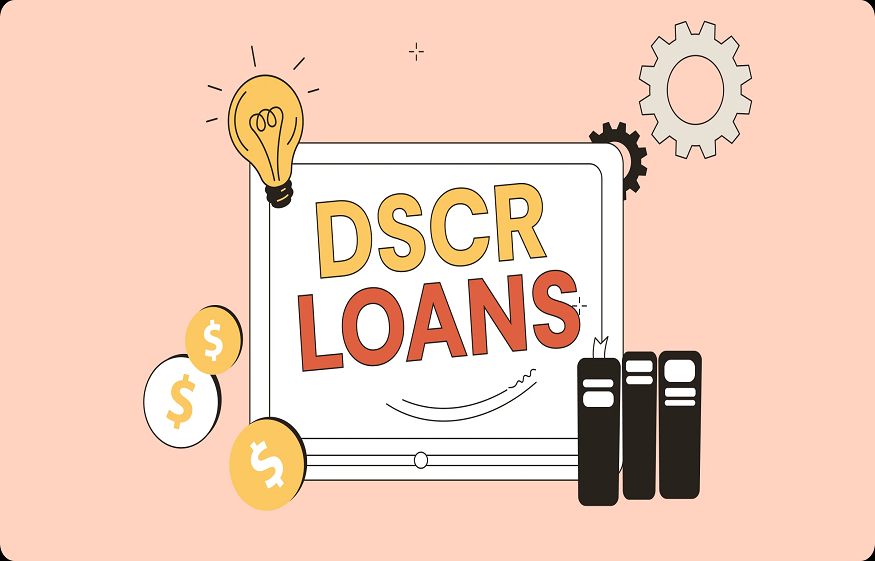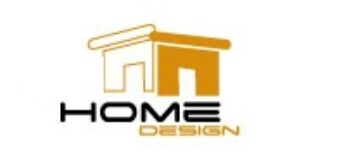 When it comes to real estate investing, having access to flexible financing can make the difference between stagnation and growth. One of the most powerful tools available for investors today is DSCR loans. These loans rely on a property’s rental income to determine eligibility, rather than focusing on the borrower’s personal income or employment history. By shifting the emphasis toward property performance, DSCR loans give investors a more practical way to fund new opportunities.
When it comes to real estate investing, having access to flexible financing can make the difference between stagnation and growth. One of the most powerful tools available for investors today is DSCR loans. These loans rely on a property’s rental income to determine eligibility, rather than focusing on the borrower’s personal income or employment history. By shifting the emphasis toward property performance, DSCR loans give investors a more practical way to fund new opportunities.
What Is a DSCR Loan?
A DSCR loan is a real estate loan that measures a property’s ability to cover its debt obligations through rental income. The “Debt Service Coverage Ratio” (DSCR) is a simple calculation:
DSCR=NetOperatingIncomeDebtPaymentsDSCR = \frac{Net Operating Income}{Debt Payments}DSCR=DebtPaymentsNetOperatingIncome
If a property generates $90,000 annually and its loan requires $72,000 in yearly payments, the DSCR is 1.25. This means the property brings in 25% more income than is needed to cover debt service—usually a healthy margin in the eyes of lenders.
Most lenders require a minimum DSCR of 1.20, though some may consider properties with ratios as low as 1.0 under certain conditions.
Why Investors Use DSCR Loans
Unlike traditional mortgages, which typically require W-2s, tax returns, and verification of personal income, DSCR loans emphasize the property’s own earning potential. This makes them particularly attractive for:
- Self-employed borrowers who have fluctuating income.
- Investors with multiple rental properties who don’t want personal debt-to-income ratios to restrict growth.
- Short-term rental operators leveraging Airbnb, Vrbo, or vacation homes.
- Business owners and entrepreneurs who prefer to separate personal and business finances.
By focusing on the asset’s income stream rather than the investor’s salary, DSCR loans align perfectly with the goals of real estate investors.
Benefits of DSCR Loans
- No Personal Income Verification
Approval depends on the property’s rental income, not your tax returns or employment status.
- Scalable Financing
Investors can grow portfolios faster without being tied down by personal income ratios.
- Ownership Flexibility
Properties can often be purchased under LLCs or other entities, providing asset protection and tax advantages.
- Faster Underwriting
With fewer documents required, the approval process tends to move quickly.
- Applicable to Different Property Types
From single-family rentals to multi-family complexes and short-term rentals, DSCR loans cover a wide range of income-producing properties.
Key Eligibility Requirements
While flexible, DSCR loans still require borrowers and properties to meet certain conditions:
- Minimum DSCR Ratio: Generally 1.20 or higher.
- Down Payment: Typically 20–25%, though this can vary by lender.
- Credit Score: Most lenders look for 660 or above.
- Property Condition: The home must be rent-ready and capable of generating consistent income.
- Loan-to-Value Ratio (LTV): Many lenders cap LTV at 75–80%.
Example: How DSCR Loans Work in Practice
Consider an investor purchasing a four-unit rental property that earns $8,400 per month in rent. After expenses, the net operating income comes to $85,000 annually. The annual loan obligation is $68,000.
DSCR=85,00068,000=1.25DSCR = \frac{85,000}{68,000} = 1.25DSCR=68,00085,000=1.25
Since the DSCR is above 1.20, this property comfortably meets most lender requirements. The investor would likely qualify for financing, even if their personal tax returns showed fluctuating income.
How DSCR Loans Compare to Traditional Mortgages
| Factor | Traditional Mortgage | DSCR Loan |
| Approval Basis | Borrower’s personal income & DTI | Property rental income |
| Documents Required | Tax returns, W-2s, pay stubs | Lease agreements, NOI |
| Best Suited For | Homebuyers, primary residences | Real estate investors |
| Speed of Approval | Slower, more detailed | Faster, simplified |
| Ownership Flexibility | Typically in borrower’s name | Can be in LLC or business entity |
Risks and Considerations
While DSCR loans are highly beneficial, there are some challenges to keep in mind:
- Higher Interest Rates: Rates may be slightly higher than conventional mortgages.
- Market Dependency: Income fluctuations due to vacancies or market downturns can affect repayment.
- Lender Requirements Vary: Some lenders are stricter with DSCR minimums or credit score thresholds.
Investors should weigh these factors against their overall strategy before committing.
Who Should Consider a DSCR Loan?
- Investors seeking to expand portfolios quickly
- Self-employed professionals without stable W-2 income
- Short-term rental operators with strong property performance
- Entrepreneurs who want to keep personal finances separate
If your goal is to build long-term wealth through income-producing real estate, DSCR loans may be one of the most efficient financing strategies available.
Conclusion
Debt Service Coverage Ratio loans are transforming the way investors approach real estate financing. By focusing on property cash flow rather than personal income, they make it easier for investors to qualify, scale portfolios, and seize new opportunities.
For anyone serious about building wealth through real estate, understanding and using DSCR loans can provide a clear path to sustainable growth and financial independence.










Leave a Reply
You must be logged in to post a comment.